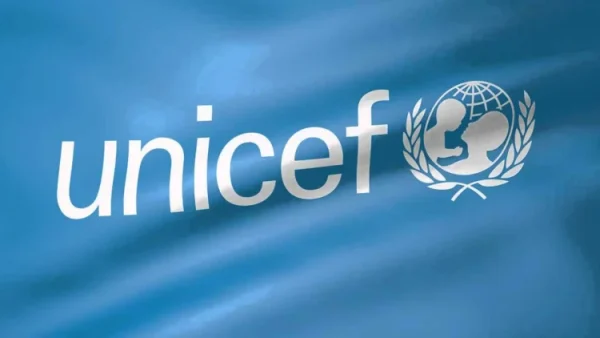The United Nations Children’s Fund (UNICEF) says it will provide three million bottles of Multiple Micronutrient Supplements (MMS) for pregnant women in 2025 to boost maternal health in Nigeria.
The fund said this in a statement issued by its Communications Officer, Anike Alli-Hakeem in Abuja on Tuesday.
MMS is an ante-natal supplement that provide micronutrients (minerals and vitamins), including iron and folic acid, all combined in a single tablet.
The children’s fund indicated that when taken daily during pregnancy, MMS can improve anaemia and are 13 per cent more effective at reducing low birthweight than iron and folic acid supplements (IFA) alone.
It, therefore, stated that the three million bottles of MMS to be provided in 2025 is in addition to the three million bottles provided in 2024 through the Child Nutrition Fund (CNF), which is managed by UNICEF.
It explained that the three million bottles of MMS in 2024 were donated by Kirk Humanitarian Foundation and distributed during the second round of the Maternal Newborn and Child Health Week (MNCHW) in the same year.
It stated that Nigeria would also receive additional three million bottles in 2025, through the CNF, donated by Kirk Humanitarian to further expand coverage and reach more pregnant women.
In the statement, the UNICEF Representative in Nigeria, Cristian Munduate, said that ensuring pregnant women received the necessary micronutrients was a vital step in reducing maternal mortality and improving child health.
The representative said “this donation is a testament to our commitment to supporting government of Nigeria in scaling MMS coverage and making maternal health a national priority.”
The Founder of Kirk Humanitarian, Spencer Kirk, said that the organisation is proud to be part of the collaborative effort to improve maternal and child health in Nigeria.
According to him, providing MMS at scale is one of the most impactful ways to support healthy pregnancies and ensure better outcomes for mothers and babies.
“Our goal is to continue working with partners to expand this initiative further,” he stated.
UNICEF, however said that with 12 million pregnancies annually, more efforts were needed to scale up MMS availability.
It stated that “Nigeria has one of the highest rates of maternal mortality in the world with 1,047 deaths per 100,000 live births, and a high proportion of babies born with low birth weight or prematurely, putting them at increased risk of death compared to full-term, healthy babies.
“Many challenges contribute to maternal mortality, including maternal nutrition, leading to widespread micronutrient deficiencies.
“The National Food Consumption and Micronutrient Survey (2024) revealed that many pregnant women in Nigeria suffer from deficiencies in iron, zinc, Vitamin A, folate, and other essential nutrients.
“Addressing these gaps is critical to improving maternal health and child survival.”
Reiterating the Federal Government’s commitment to expanding the initiative to reach every pregnant woman in need, the Coordinating Minister of Health and Social Welfare, Prof. Muhammed Pate, said Nigeria is taking decisive steps to address maternal nutrition challenges.
He explained that “the inclusion of MMS in our Essential Medicines List and investments in local production are key milestones in ensuring sustainable access.”
NAN



